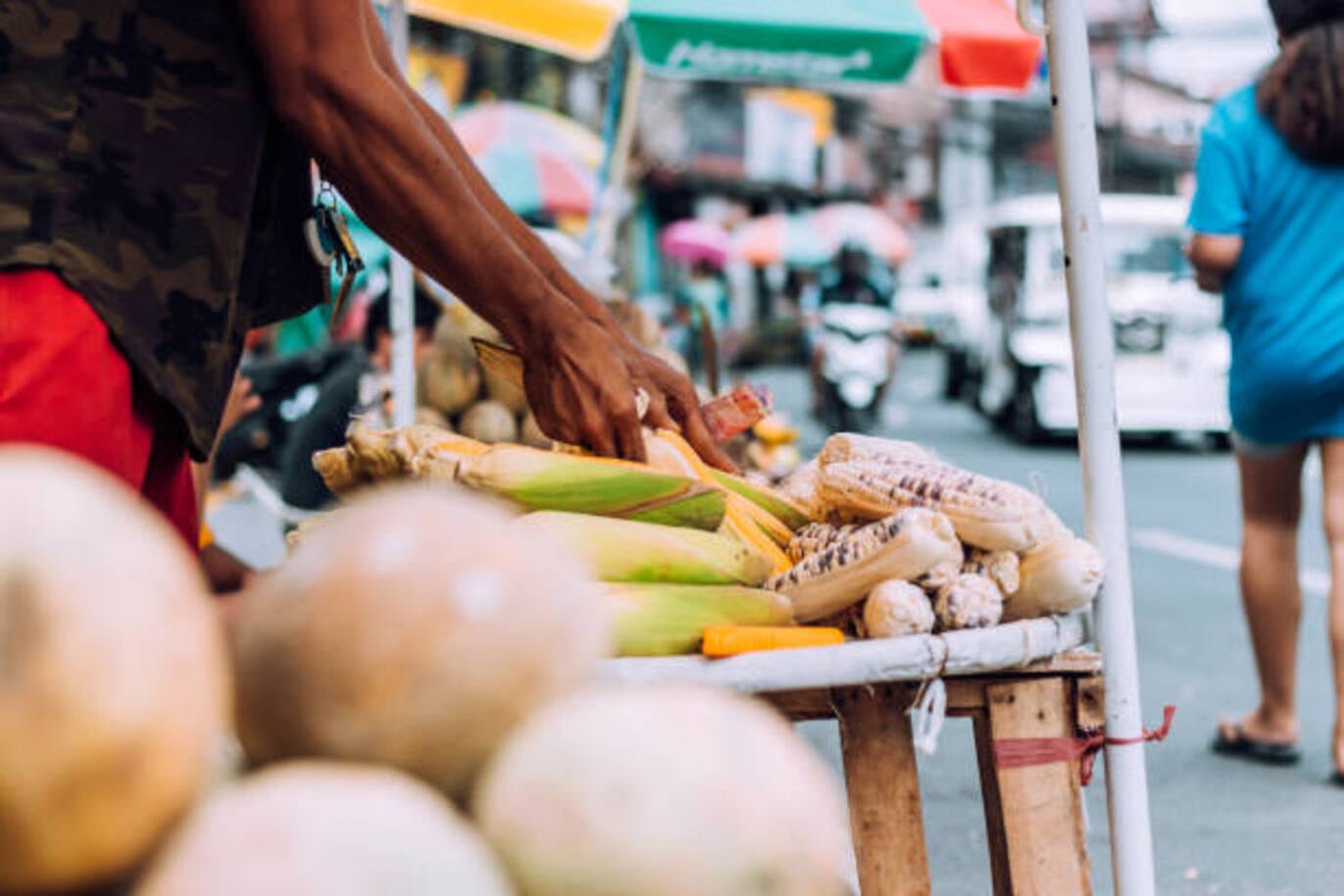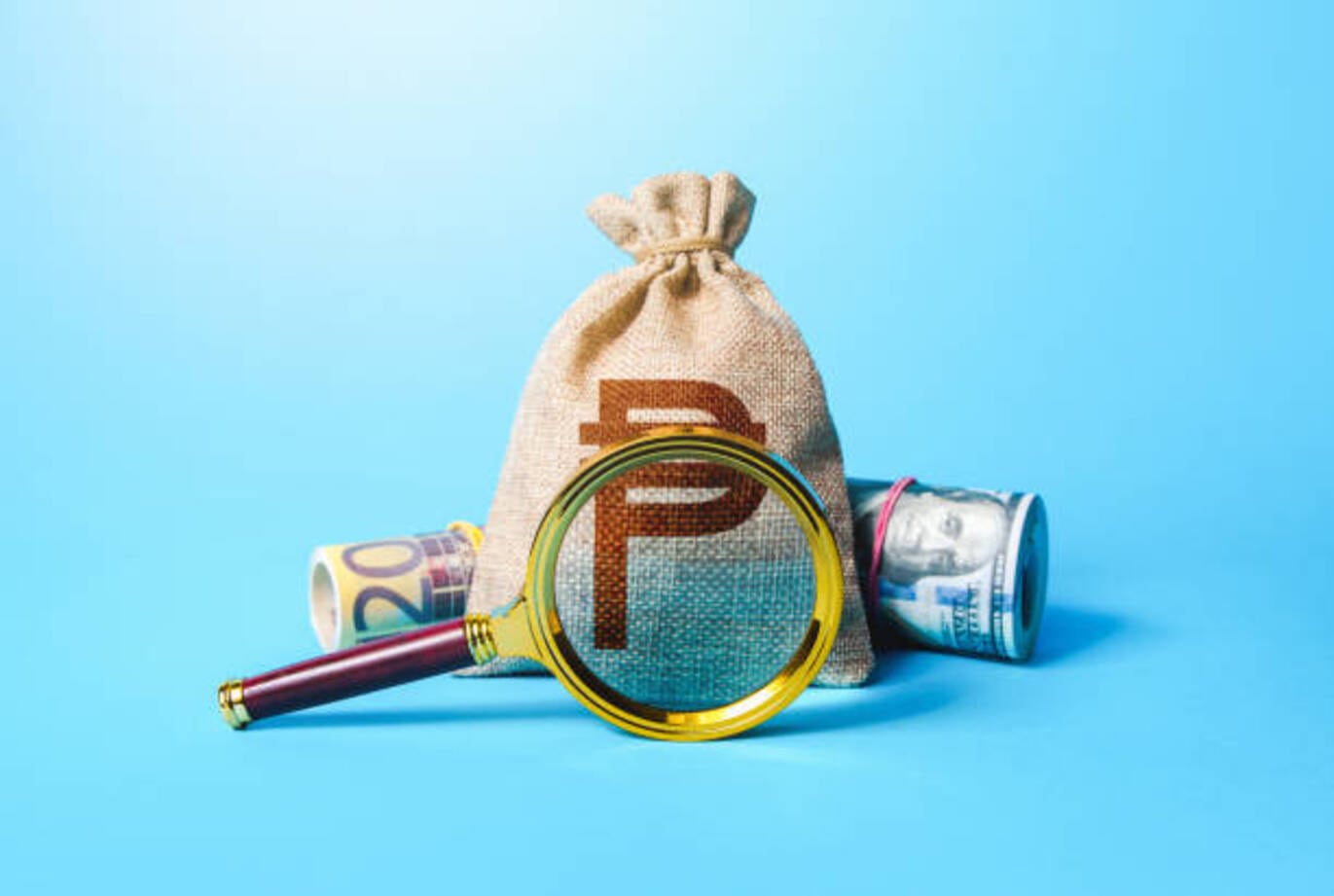IP Protection in the Philippines’ Food and Beverage Industry
IP Protection in the Philippines’ Food and Beverage Industry
May 21, 2018
The Philippines’ rapidly developing food and beverage (F&B) industry is one of the greatest contributors of the country’s economy making up about portion of its manufacturing sector and contributing around 23-24 percent of the nation’s GDP. The Philippines is one of Asia’s biggest largest producers of food, with the value of its food processing sector surpassing EUR 24 billion (US$28.75 billion). Given the Philippine government’s responsibility commitment to further building up the nation’s F&B industry as one of the priority industries and opening it up further to foreign investments, the Philippines’ F&B industry has turned out to be considerably more appealing for European SMEs.
Pushed by increasing disposable income among its upper and middle classes and the proliferation of retail and shopping centers and additionally a profoundly urbanized population, the Philippine’s domestic food and beverages showcase looks very encouraging for European SMEs. The Philippines’ consumers value the high quality and healthy nature of European food and beverage products. As a general trend, the Philippines’ young and quickly developing consumer base is bit by bit becoming more health-conscious and is progressively eager to experiment with new products. As the spending power of the upper-middle and middle class is expanding, there is additionally greater demand for imported premium products, which offers numerous opportunities for European SMEs.
In the meantime, together with rapid economic growth, counterfeiting in food products has likewise increased drastically as of late. In this way, EU SMEs should find a way to guarantee that their IP rights are ensured, when pitching their food products to the Philippines, particularly as failing to enroll IP rights in the Philippines could easily end SMEs’ business prospects in the nation.
Trade mark protection is crucial in the F&B industry
Expanding brand awareness, worries about food safety and the generally high number of counterfeiting in the nation imply that brand reputation is particularly essential for the food and beverage industry. A dependable brand can be critical to the accomplishment of F&B products as company’s trade mark functions as an identification of value in the Philippines.
SMEs wanting to offer their food and beverage products in the Philippines, should enroll their trade mark in the nation well in advance, ideally before beginning the business there since the Philippines applies a ‘first-to-file’ trade mark registration system, implying that the first person or entity to register a trade mark owns that mark in the country, regardless of the first use. It is especially vital to register trade marks in the Philippines because ‘bad-faith’ registrations are still a noteworthy issue in the nation. Bad-faith registrations exist where a third party (not the legitimate owner of the mark) first registers the mark in the Philippines, in this manner keeping the legitimate owner from registering it in the nation. These dishonest businesses would typically endeavor to resell the trade mark back to its legitimate owner at an inflated price. It is additionally not normal that these trade mark hijackers endeavor to sue the original brand proprietor for supposedly abusing their registered trade mark rights in the country. Cancelation of an earlier registration is accessible when the trade mark has been enrolled in bad faith, however it could be expensive, so it is smarter and less expensive to register the trade mark in the Philippines.
Trade marks can be registered in the Intellectual Property Office of the Philippines (IPOPHIL) and petitioning for trade mark registration costs between EUR 18 and 36 (US$ 21.5-43), excluding agent fees. Besides, it is wise to register a trade mark in the Philippines, as in addition to making products and services distinctive, the proprietor of a mark may acquire incomes from the utilization of the mark by authorizing its utilization to different business entities or though franchising agreements.
Where a non-resident enterprise obtains China-sourced dividends, interest, rents, and royalties, or income from property transfers, it is required to file the withholding tax either by itself or by a withholding agent.
European SMEs should remember that as per the Trade Mark Law of the Philippines, in order to maintain the registration of a mark, a Declaration of Actual Use of the mark together with the evidence of utilization of the mark must be documented after 3 years from the application date of the mark and then again within 1 year from the fifth anniversary of the registration. This is required to demonstrate that the mark is being used, and that it is utilized consistently without considerable modifications and additionally to try prevent a construed and obstructing system of trade mark cancellations.
In addition to national recording, EU SMEs may likewise look to ensure their marks in the Philippines as a major aspect of an international registration under the Madrid Protocol, subject to compliance to local requirements, (especially with the documenting of the Declaration of Actual Use). International registration under the Madrid Protocol enables SMEs to register their trade mark simultaneously in several countries.
Keep in mind to protect your Geographical Indications (GIs) in the Philippines.
In the food and beverages industry, it is additionally vital to protect GIs as these are likewise important for branding goods in the Philippines, particularly as GIs can build trust towards specific brands, since they identify the country, region, or area from which goods originate and to which a given reputation is allocated. Examples of such products include Bordeaux wine, Parmigiano-Reggiano cheddar and Parma ham.
In compliance with the TRIPS Agreement, GIs are perceived and accommodated in the Philippines IP Code. However, there is no established system yet for the regulation and registry of GIs in the Philippines. Efforts to figure the regulations for GIs are still on-going. Until the said regulations are set up, it is recommended for proprietors to enlist their GIs as collective marks, which typically takes after the general registration procedure of trade marks but perform distinctive functions.
Appearance matters: secure your packaging with design registrations
Creative packaging style is another key component for the accomplishment of the brand in the Philippines as the nation’s customers are steadily beginning to give careful consideration to the appearance of products and this is a significant perspective to take into consideration in the food and beverage sector. It is, in this way, vital to secure the design aspects of products to avoid forging and replication. Other than utilizing trade marks, SMEs can secure their bundles with mechanical plan licenses in the Philippines.
An industrial design is the attractive or aesthetic part of an article, i.e. the appearance of a product. The design may comprise of three-dimensional features, for example, the shape or distinct surface of an article, or of two-dimensional features, for example patterns, lines or shading or the mix of both When an industrial design is secured in the Philippines by registering it, the proprietor of the design is guaranteed an exclusive right against unauthorized copying or impersonation of the design by third parties.
In order to be registered in the Philippines, an industrial design must be any new or unique creation relating to the ornamental features of shape, configuration, form, or combination thereof, of an article of manufacture, regardless of whether related with lines, patterns or colors, which impart an aesthetic and satisfying appearance to the article.
An industrial design registration is valid for a period of 5 years from the date of the application and is renewable for two consecutive five 5-year periods by paying the renewal fee. The maximum total length is 15 years. The industrial design can likewise be registered with the IPOPHIL and as with trade mark registration, the first-to- file rule additionally applies to industrial design registration.
SMEs ought to likewise remember that original ornamental designs or models for articles of manufacture, regardless of whether they can be registered as an industrial design, are additionally subject to copyright. Thus, the presence of SME’s products might be secured both under an industrial design registration and under copyright, giving an additional layer of protection for SMEs’ package designs in the Philippines.
Secure your Secret Recipes with Trade Secrets
A trade secret is a non-public information that is financially important and is guarded with confidentiality measures. In the food and beverage industry, trade secrets may allude to ingredients or processing methods that are serious to the taste, texture, appearance and smell of a product. A renowned example is the Coca Cola formula that has stayed mystery for decades. European SMEs can secure their secret ingredients or processing methods with trade secrets in the Philippines.
While there is no independent trade secret law in the Philippines, trade secrets can be secured under Article 40(e) of RA 7394 or the Consumer Protection Act and Article 292 of the Revised Penal Code. However, given the absence of provisions for legal protection of trade secrets, SMEs should find a way to secure trade secrets; this incorporates inserting confidentiality provisions into employee contracts, who come into contact with SME’s secret recipes or production methods; internally limiting access to sensitive information and guaranteeing that private data is uncovered on a need-to-know basis only and under Non-Disclosure Agreements or relevant clauses. These measures would help SMEs to at present accomplish adequate protection for their trade secrets.
Moreover, European businesses ought to incorporate confidentiality clauses within employee contracts covering the term of business, but even after the employee has left the business. It should likewise be of paramount significance to guarantee that confidentiality agreements are signed with business partners whenever disclosing confidential information like the product recipe to them. Furthermore, businesses wishing to get pay for trade secrets revealed in the Philippines should to stipulate contractual obligations to all parties involved and, resort to civil action for breach of contract and damages in the case of any violations.
If you need any help on your IP Protection in the Philippines, OPKO Finance is always ready to offer you the right solutions. Please do not hesitate to contact our Philippines team at +63 32 402 0170 or email us at info@opkofinance.com








